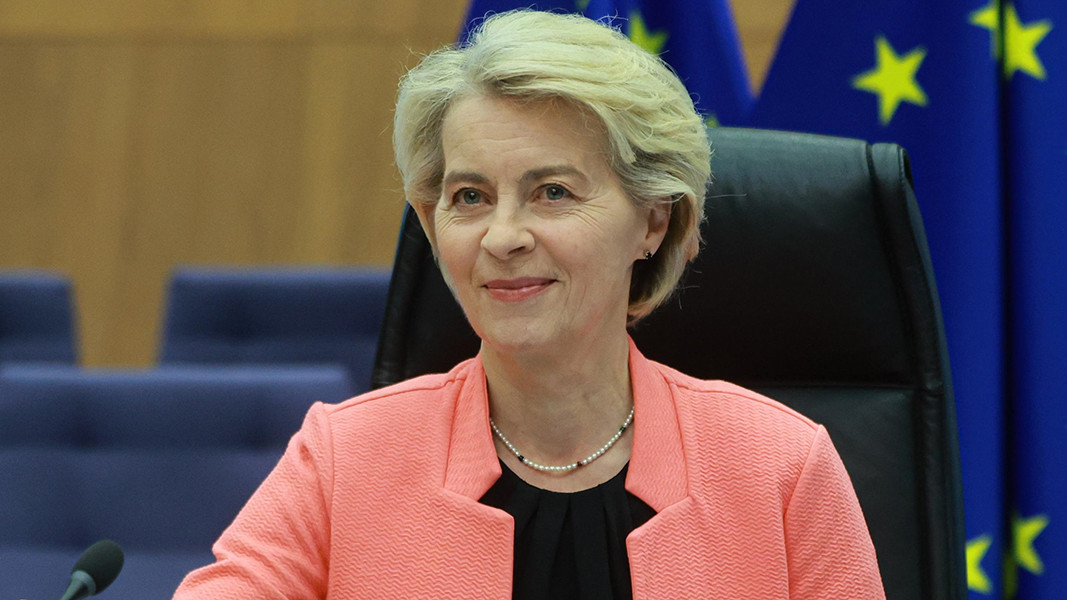As expected, the European Commission's convergence report on Bulgaria, published today, confirms that the country is ready to adopt the euro on 1 January 2026, having fulfilled all the relevant criteria, including those related to inflation, BNR's Brussels correspondent Angelina Piskova reports. Bulgaria’s average inflation rate stood at 2.7%, below the reference value of 2.8%. This will make Bulgaria the 21st member state to join the eurozone.
However, the Commission warns that inflation is expected to rise in the coming months before subsequently declining, emphasising that the increase will be temporary.

'Thanks to the euro, the Bulgarian economy will become stronger, with increased trade with euro area partners, more foreign direct investment, improved access to financing, quality jobs and real income growth. Bulgaria will also take its rightful place in shaping decisions at the heart of the euro area”, said European Commission President Ursula von der Leyen.
The convergence report published by the European Central Bank also delivers a positive assessment of Bulgaria’s readiness to adopt the euro on 1 January next year, as reported by BNR's Marta Mladenova. The ECB highlights that Bulgaria has been part of the Exchange Rate Mechanism II (ERM II) and the Banking Union since 10 July 2020.
The next step will take place on 19 June, when the Eurogroup — the assembly of eurozone finance ministers responsible for coordinating economic policies — will discuss the reports at its meeting in Luxembourg and adopt a draft recommendation for the Council. The process is expected to conclude on 8 July, when the Eurogroup will formally adopt the legislative acts necessary for Bulgaria’s accession to the euro area.
On Saturday, the lowest temperatures will be between 0 and 5°C; in Sofia - it will be around 0°C. During the day it will be mostly sunny. In the Danube Plain it will be foggy. Until noon it will also be foggy along the river..
The Bulgarian Ministry of Defense is requesting a postponement of one of the large payments under the contract for the second F-16 to 2028. Defense Minister Atanas Zapryanov said that this is necessary because Bulgaria will encounter difficulties in..
Great Britain has issued a special license on Friday that allows businesses to continue to work with two Bulgarian subsidiaries of sanctioned Russian oil company Lukoil, Reuters and BNR Horizont reported. The general license allows companies and banks to..
On Saturday, the lowest temperatures will be between 0 and 5°C; in Sofia - it will be around 0°C. During the day it will be mostly..
Today, Sofia will host the fifth edition of the Global Women Leaders Forum. The event is organized by the Council of Women in Business in Bulgaria...
The Bulgarian Ministry of Defense is requesting a postponement of one of the large payments under the contract for the second F-16 to 2028. Defense..

+359 2 9336 661
